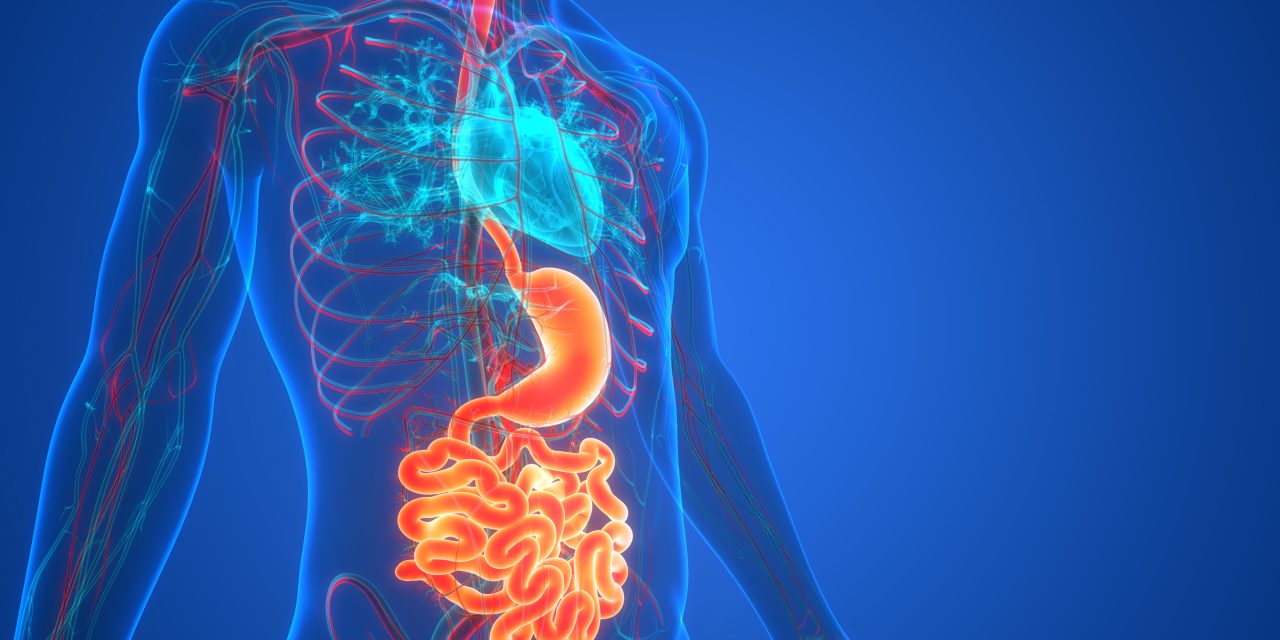Platelets promote tumor metastasis by inducing promalignant phenotypes in cancer cells and directly contributing to cancer-related thrombotic complications. Platelet-derived extracellular vesicles (EVs) can promote epithelial-mesenchymal transition (EMT) in cancer cells, which confers high-grade malignancy. 12S-hydroxyeicosatetraenoic acid (12-HETE) generated by platelet type 12-lipoxygenase (12-LOX) is considered a key modulator of cancer metastasis through unknown mechanisms. In platelets, 12-HETE can be esterified into plasma membrane phospholipids (PLs), which drive thrombosis. Using cocultures of human platelets and human colon adenocarcinoma cells (line HT29) and LC-MS/MS, we investigated the impact of platelets on cancer cell biosynthesis of 12S-HETE and its esterification into PLs and whether platelet ability to transfer its molecular cargo might play a role. To this aim, we performed coculture experiments with CFSE[5-(and-6)-carboxyfluorescein diacetate, succinimidyl ester]-loaded platelets. HT29 cells did not generate 12S-HETE or express 12-LOX. However, they acquired the capacity to produce 12S-HETE mainly esterified in plasmalogen phospholipid forms following the uptake of platelet-derived medium-sized EVs (mEVs) expressing 12-LOX. 12-LOX was detected in plasma mEV of patients with adenomas/adenocarcinomas, implying their potential to deliver the protein to cancer cells in vivo. In cancer cells exposed to platelets, endogenous but not exogenous 12S-HETE contributed to changes in EMT gene expression, mitigated by three structurally unrelated 12-LOX inhibitors. In conclusion, we showed that platelets induce the generation of primarily esterified 12-HETE in colon cancer cells following mEV-mediated delivery of 12-LOX. The modification of cancer cell phospholipids by 12-HETE may functionally impact cancer cell biology and represent a novel target for anticancer agent development.Copyright © 2021 The Authors. Published by Elsevier Inc. All rights reserved.
Platelets induce free and phospholipid-esterified 12-hydroxyeicosatetraenoic acid generation in colon cancer cells by delivering 12-lipoxygenase.


